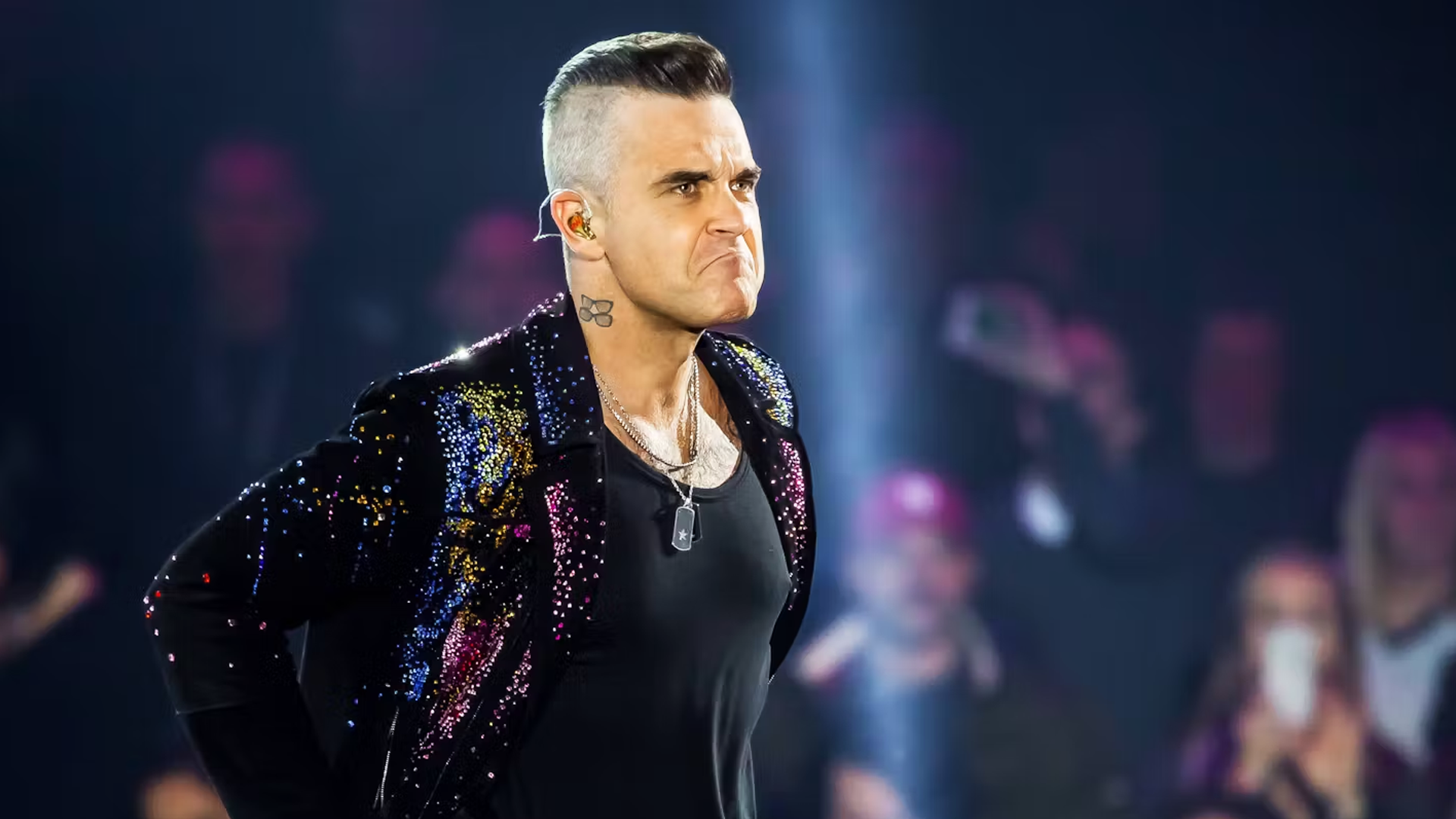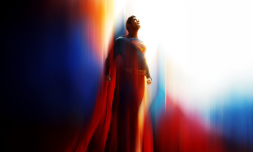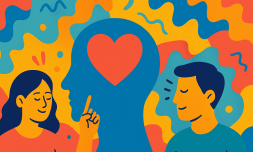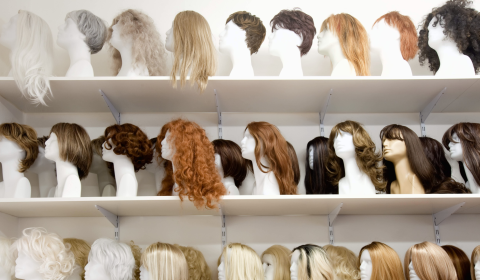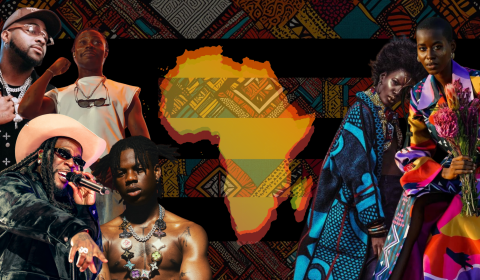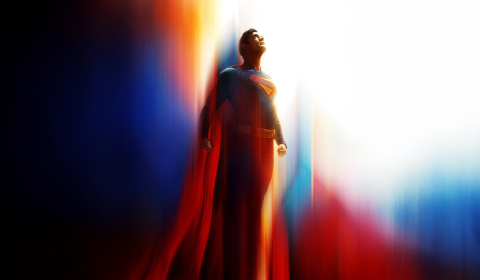Robbie Williams recently admitted to struggling with anxiety during fan interactions. His openness puts our pension for performative closeness under the spotlight.
‘Do you think there should be a limit to how many people can access you in one day?’ asks singer Robbie Williams on a now viral Instagram post. Earlier this week, the singer shared a candid series of notes detailing his experience with fans asking for photos.
‘Is there a number that’s too much? Or is it infinite – as many as there are, that’s how many you should serve?’ Williams’ question, about who has the right to access any one individual at any given moment, has triggered a conversation around the culture of celebrity in our digital age. The questions he raises have no easy answers, which is perhaps why they’ve resonated so deeply.
This isn’t the first time Williams has spoken openly about his struggles with fame and mental health. But his openness about still suffering with ‘discomfort’ and ‘panic’ when approached in public has garnered a supportive response.
The post followed a recent incident in which the singer was asked for a photo by a stranger on board a flight. ‘I explained I’d been up since 4:30am, had two hours’ sleep, and wrangled four kids through the airport. I’ve got bags under my eyes and I’m dealing with anxiety,’ he wrote. ‘I explained that if they came and took a photo with me, my anxiety would spike – because then the whole cabin would start wondering who I am.’
Williams was gracious in his description of what is, to most of us, a unique and alien experience. He wasn’t bemoaning the suffering of celebrity or criticising those who regularly approach him. He simply explained that being seen all the time is exhausting.
Others in the entertainment industry, including Kris Jenner and Aimee Lou Wood – the latter of whom has recently faced intense public scrutiny over her appearance – shared words of support beneath Williams’ post, expressing gratitude at how the singer had handled what is an infamously contentious topic.
‘This is dodgy terrain for a famous person to give context around. Anything short of: ‘Of course, it’s my duty and the right thing to do’…is risky,’ said Williams.
View this post on Instagram
‘There’s a kind of unspoken law: as a celebrity, you should be accessible 24/7. Greet all the strangers like you’re the mayor of the best town anyone’s ever visited. Make sure their wishes are met, whatever they are.’
He urged people to give celebrities the ‘dignity of their privacy, their wants, their needs,’ as he could be suffering with personal issues when approached by strangers – ‘and they are strangers,’ he added.
Singer Amy Macdonald shared her own experience with this invasive public interaction beneath Williams’ post, describing a time when she was asked for a photo having just put her pet dog down. ‘I was crying in the photo because I felt I couldn’t say no, for all the reasons you’ve mentioned here.’
This sense of proximity to those in the public eye has warped our sense of entitlement to them for decades, but social media and the digitisation of our everyday interactions has sent things into overdrive in the past few years.









